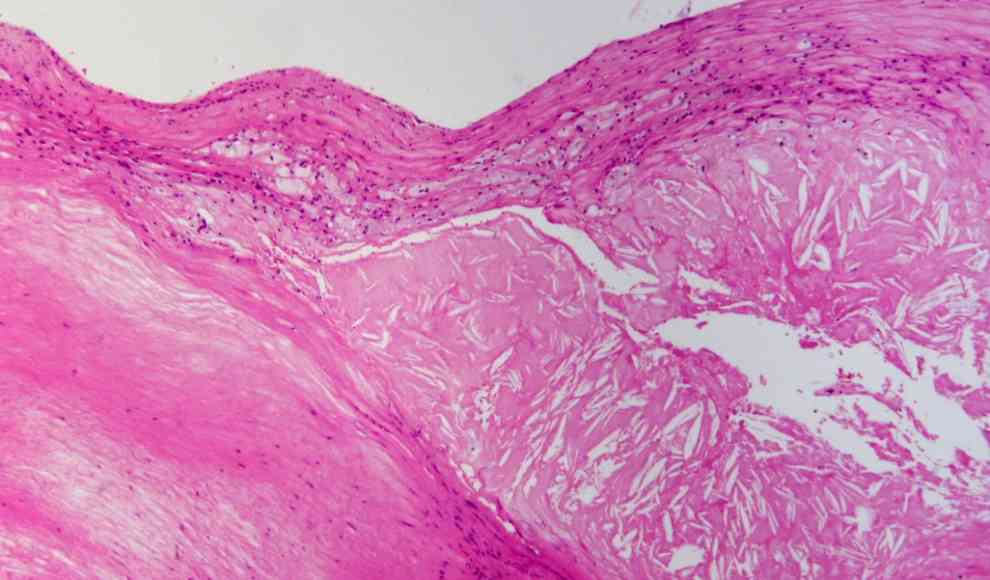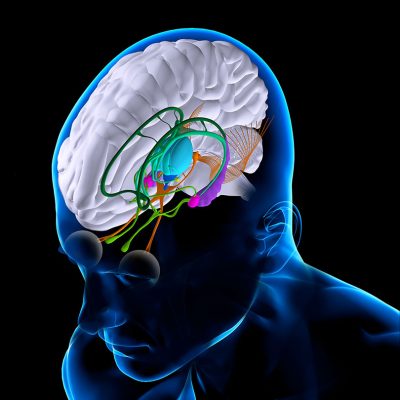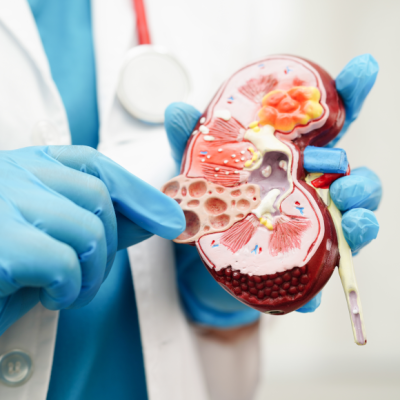A new drug based on plant-based phytic acid has been found to prevent arteriosclerosis in rats. Further studies are being conducted to determine the safety and dosage for humans before the drug can be processed into medication. Arteriosclerosis is a condition that affects millions of people worldwide, caused by the thickening and hardening of artery walls. The disease is triggered by fatty deposits called plaques that accumulate on the inner walls of arteries. In the later stages of arteriosclerosis, these deposits can lead to acute vessel obstruction and embolisms, which can cause larger blood vessels to be completely cut off from the bloodstream. Researchers from ETH Zurich and Inositec have introduced a new drug that can prevent the formation of deposits in blood vessels and thus prevent arteriosclerosis. The drug is expected to help people with chronic kidney disease, whose disrupted metabolism leads to the deposition of calcium salts in soft tissues.
The new drug works by binding to calcium phosphate crystals that are embedded in tissue, preventing further growth. The molecule used has a similar shape to phytic acid, which is found in nuts and grains and binds to other minerals such as iron, calcium, and magnesium. Plants use phytic acid to store enough of these substances in their seeds for the growth of seedlings. Previous studies have shown that phytic acid also has positive effects on human health. However, the molecule cannot be absorbed by the body through digestion, so it must be injected. Clinical studies are currently underway to determine whether phytic acid can also help with vascular calcification. The researchers modified the molecule chemically to make it more stable in the body, and Inositec obtained a license for these molecules from the university to develop a drug. The company, in collaboration with scientists from other universities, tested the new molecules on disease models in rats and discovered a molecule that is stable in the body and can suppress the growth of calcium phosphate crystals in the blood.
Further studies are needed to determine whether the drug is safe for use in humans and what the optimal dosage is. Clinical trials will also be required before the drug can be marketed. The new drug offers hope for people suffering from arteriosclerosis, a condition that can lead to serious heart and circulatory diseases and even death.










